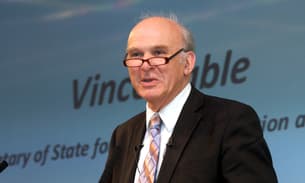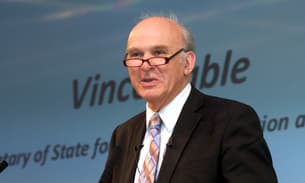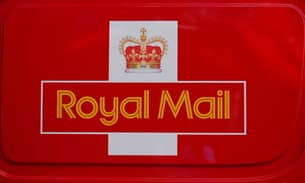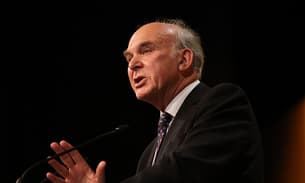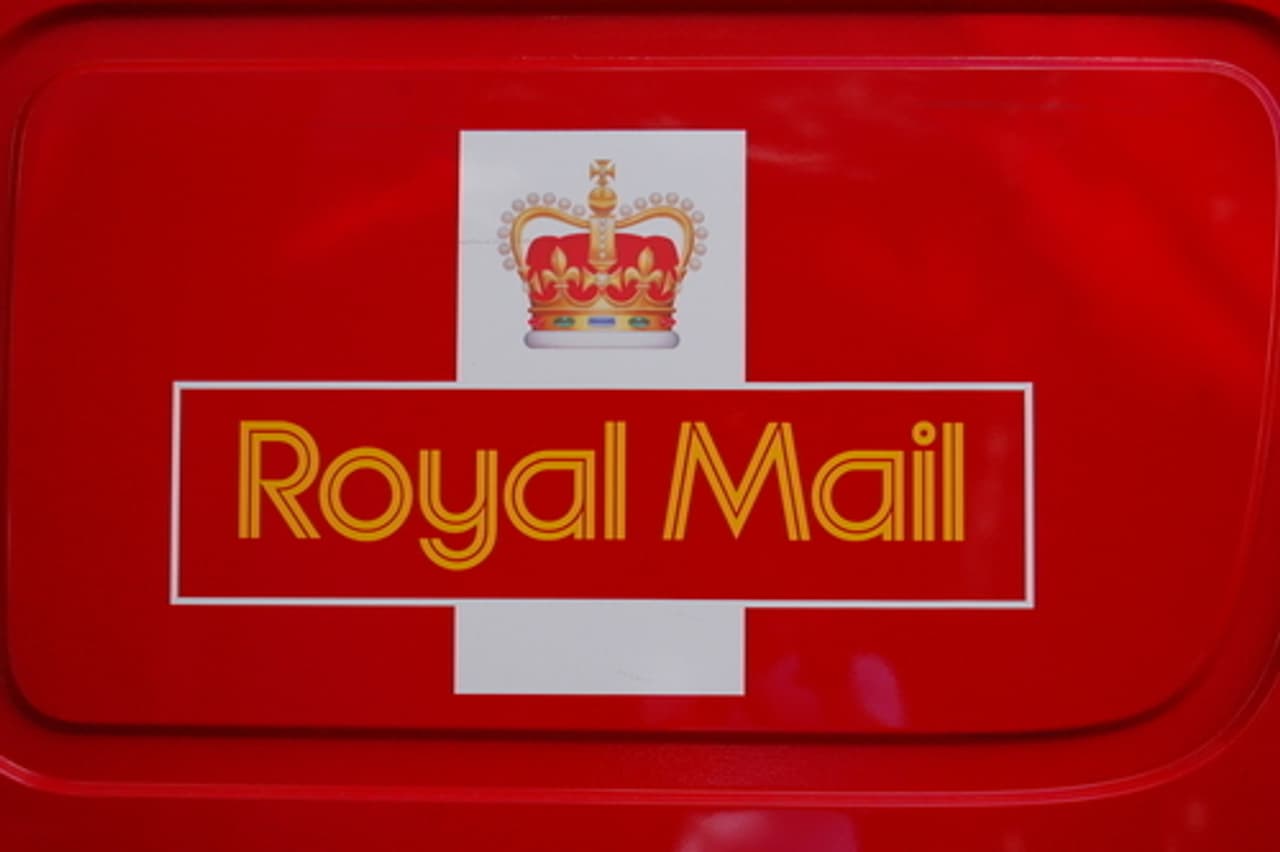
Taxpayer won’t benefit from Royal Mail’s treasure trove of property
The privatisation of the Royal Mail is widely considered to have cost the taxpayer £750m after shares in the company surged when trading in the company began on October 11.
The shares rose 50% in its first week making investors lucky enough to have been allocated shares tens of millions of pounds.
Last week the government was forced to disclose the identities of 16 priority investors who benefited from receiving the largest allocation of shares after the Bureau published the names of nine of the companies.
The list included Lazard Asset Management, part of Lazard & Co which was the government’s principal flotation adviser.
Members of the Public Accounts Committee last Wednesday digested the news of Lazard’s inclusion as a priority investor minutes before they grilled members of the Shareholder Executive, which manages Royal Mail on behalf of the government, Lazard & Co, together with UBS and Goldman Sachs who co-ordinated the placement of shares.
Property
It emerged at the hearing that government officials and banks advisers working on the controversial float failed to negotiate an agreement that would have allowed the taxpayer a share in higher than anticipated profits from the Royal Mail’s valuable property portfolio.
Earlier this month it emerged that analysts working for UBS, the bank which was Royal Mail’s corporate adviser until its privatisation, suggested Royal Mail’s property could be worth £600m more than its estate was valued in the company’s Initial Public Offering prospectus.
The UBS valuation was sent to potential investors in the company two weeks before the prospectus was published on September 27.
“Did you not think it appropriate to put in place some way in which the taxpayers could get some benefit if these assets were worth way above the £230m?” asked Labour Public Accounts Committee member, Anne McGuire to senior civil servants and bank advisers who managed the float.
But Martin Donnelly, permanent secretary at the Department of Business Innovation & Skills (BIS) argued that inserting such a mechanism may have damaged the share price.
“If we had had to explain the complexity of a claw back clause to the large number of investors who were already struggling with the complexity of the sale, then it would have put them off,” he said.
Shocked
MPS appeared shocked that an independent property valuation commissioned by Royal Mail before its sale had not been shared with the government, their advisers or the National Audit Office.
“I’m struggling to understand why this information should have been kept from the National Audit Office,” said Richard Bacon, the Conservative MP and deputy chairman of the PAC.
Alan Custis, a Managing Director at LAM confirmed that they had bought six million shares as a priority investor and sold them over the first days of trading at a £8m profit.
William Rucker, Lazard & Co chief executive, stated that LAM had been in talks with the Royal Mail before his company was hired as advisers and that they were different companies, separated by Chinese walls. He told the committee: “When we became aware, having been hired, that LAM were on a list of investors the Royal Mail was talking to, we made it quite clear, that we should have no input whatsoever into any discussion about allocations to LAM.”
Margaret Hodge, the PAC’s chairman, queried this relationship, asking: “Even if we were to accept that those Chinese walls rules were adhered to. Do you really think that it’s appropriate that in those circumstances, that another arm of your company picked up nearly half of the shares that went to clients with an interest there?”
Richard Bacon MP told the committee: “It seems to me that the most obvious criterion of independence is that you are disinterested.”
He then asked Martin Donnelly, permanent secretary of BIS: “Was your adviser acting completely independently? Or did it have an interest at a financial group level in the success of one of its subsidiaries?”
Low valuation
Rucker was asked to justify why Lazard & Co gave among the lowest of the valuations made to the government. He said: “Our valuation had some different assumptions to other people. We had some more bearish assumptions about the threat of industrial relations and the consequences of that.”
They faced questions about whether the process they adopted allowed them to capitalise on the improved interest from investors in the weeks leading up to the sale.
Rucker defended Lazard’s role in the float: “We were as agile as we could have been given the situation.”
Donnelly, BIS permanent secretary, pointed to the threat of strike action and the fiscal uncertainty in the US as reasons behind continued caution on the share price.
In concluding the session, Hodge returned to the relationship between the two Lazard Group companies. She acknowledged that there was no proof of wrongdoing but concluded: “If I were the regulator I would be looking at this in greater detail than he has chosen to do.”
Richard Cormack, Goldman Sachs managing director, was asked how his team could represent the government, given the investment division of Goldman’s acted for many of the priority investors. He underlined the separation of the businesses: “Our loyalty is to our client which was the government. If we were not working for our IPO issuing clients and we were seen always to be acting in the interest of our investing clients, we would not have a business.”
Related story: Lazard Asset Management was a Royal Mail priority investor and made £8m profit in one week
Related story: Royal Mail: did the government and bankers short-change Britain by £750m?
Related story: Unmasked: The city institutions given privileged status in the controversial Royal Mail flotation

